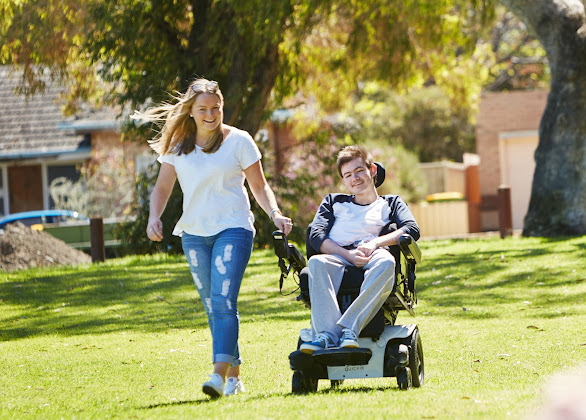Disability Support: Understanding the Challenges and Finding the Right Help
Disability is a condition that affects millions of people worldwide. It can range from physical, sensory, or intellectual impairments that can limit an individual's ability to perform everyday tasks. Disabilities can affect people of all ages, races, genders, and backgrounds. However, people with disabilities often face significant challenges in finding the right support to lead a fulfilling life.
In this article, we will discuss the challenges faced by people with disabilities and explore the different types of support available to help them overcome these challenges.
Understanding the Challenges Faced by People with Disabilities
People with disabilities face a wide range of challenges in their daily lives. Here are some of the most common challenges:
1. Accessibility: People with disabilities often face physical barriers that limit their mobility and access to public places, transportation, and buildings.
2. Discrimination: People with disabilities are often subjected to discrimination, harassment, and social exclusion, which can lead to mental health issues and reduced self-esteem.
3. Employment: People with disabilities often face challenges in finding suitable employment opportunities due to discrimination, lack of accommodations, and other barriers.
4. Healthcare: People with disabilities often face challenges in accessing appropriate healthcare services due to a lack of accessibility, affordability, and limited availability of specialized services.
5. Education: People with disabilities often face challenges in accessing education due to a lack of accommodations, limited resources, and social stigma.
Finding the Right Support for People with Disabilities
Despite these challenges, there are various types of support available to help people with disability support lead a fulfilling life. Here are some of the most common types of support:
1. Assistive Technology: Assistive technology includes devices and equipment that help people with disabilities perform everyday tasks. These can range from wheelchairs and mobility aids to hearing aids and communication devices.
2. Therapy and Counseling: Therapy and counseling can help people with disabilities manage mental health issues and improve their overall well-being.
3. Vocational Training: Vocational training programs can help people with disabilities acquire the skills and knowledge needed to find suitable employment opportunities.
4. Advocacy: Advocacy groups and organizations can help people with disabilities navigate legal, social, and healthcare systems, and advocate for their rights.
5. Social Support: Social support can include support from family, friends, and community organizations, which can help people with disabilities overcome social isolation and loneliness.
Conclusion
People with disabilities face numerous challenges in their daily lives, but with the right support services, they can lead fulfilling lives. Understanding the different types of support available can help people with disabilities access the resources they need to overcome their challenges. By working together, we can create a more inclusive and accessible world for everyone.




Comments
Post a Comment